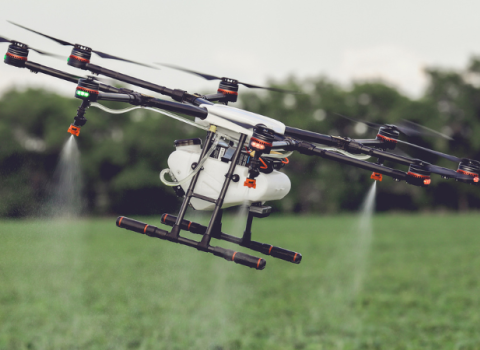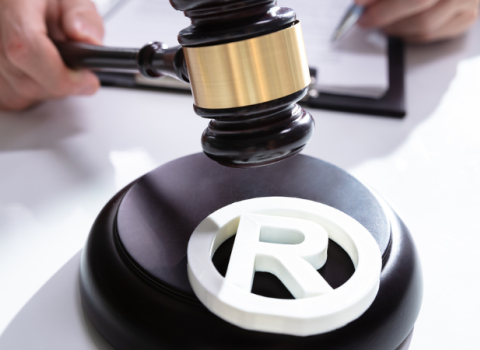
Competition Commissioner Neelie Kroes: “We have a solid view of what is happening and why.”
At the end of last month the Commission announced that, following an 11-month investigation, its antitrust department had uncovered suspected anti-competitive practices, including making multiple patent applications for the same drug, frivolous litigation against generic drug companies and deals with these companies to keep their products off the market - all with the aim of delaying or blocking market entry of the cheaper drugs.
Meanwhile, EPO is re-writing rules on divisional patent applications to make them harder to abuse. Under the divisional rules, big drugs companies are able to file separate applications, often when the lifespan of the original patent is nearing its end, in order to secure an extended period of patent protection.
Early days
“We now have a solid view of what is happening and why,” said Neelie Kroes, the European Competition Commissioner, commenting on the findings of the investigation. “It is still early days, but the Commission will not hesitate to open antitrust cases against companies where there are indications that the antitrust rules may have been breached,” she said.
EPO President Alison Brimelow welcomed the findings of the investigation, saying, “The findings of the report help us to better understand the drivers for the behaviour of the actors in the patent system.”
The Commission pulled no punches in its report, reprinting several of the documents seized in dawn raids on the pharmaceutical companies in January. Examples include the following:
“We identify options to obtain or acquire patents for the sole purpose of limiting the freedom of operation of our competitors... Rights covering competitive alternatives are maintained in major markets until risk of competing products appearing is minimal.”
“I suppose we have all had conversations around ‘how can we block generic manufacturers.’ (...) Don't play games in patenting new salt forms too late, the generics are starting earlier and earlier. Get (...) claims on key intermediates that cover a number of routes. Process patents are not the biggest block but can put generics off if a superior chemistry job is done.”
“Interchangeability issues were used in (several countries) to limit generic erosion. (...) Outcome: extra (...) sales of $ 61 million compared to expected generic erosion.”
The Commission declined to reveal the identities of the authors of these notes. These documents may be used as concrete evidence of antitrust abuse if or when the Commission decides to press charges, said a spokesman.
The Commission calculates the suspected abuses it identified amounted to lost savings of about €3 billion for the health systems during 2000 to 2007 for the chosen sample of medicines facing patent expiry in 17 Member States.
The abuse of divisional patent applications is a key concern, according to EPO spokesman Rainer Osterwalder. “We are addressing this problem already. We should be in a position to announce something pretty soon,” he said.
In its report the Commission cited one extreme case where a pharmaceutical company applied for 1,300 patents for the same medicine. Osterwalder said divisional applications are often necessary, when one drug can be used to treat more than one disease. “Patent examiners have to follow strict legal criteria when considering an application, including the rule that there can only be one invention per patent. If a molecule cures two separate ailments they have to be considered as separate inventions because you can't have one patent for both,” he said.
They are also used to allow a patent applicant to amend the application without losing the rights to the invention, he added. But said Osterwalder, “It is clear that divisional applications are being used for different purposes than the ones foreseen in the EPO’s rules.”
Commission suspects delay
The Commission uncovered nearly 700 cases of patent litigation against generic companies, which on average lasted nearly three years. The generic companies ultimately won more than 60 per cent of these cases and the Commission suspects that these legal actions were delaying tactics.
Drugs firms also concluded more than 200 settlements with generic companies in the EU, in which they agreed on the terms for ending an ongoing litigation or dispute. More than 10 per cent of the settlements were so-called “reverse payment settlements”, which limited the entry to the market of the generic medicines and provided for payments from the originator to the generic companies. These payments amounted to more than €200 million, the Commission said.
The originator companies intervened in national procedures for the approval of generic medicines in a significant number of cases, which on average led to four months of delay for the generic medicine. The Commission suspects that these moves were also delaying tactics.
“Competition in the pharmaceuticals market is vital for people to get affordable and innovative medicines, and to make sure that taxpayers get the best value for money out of their healthcare system,” Kroes said.
The Commission is holding a public consultation that will run until 31 January 2009, after which it will publish a final report on the matter, due by spring next year.





 A unique international forum for public research organisations and companies to connect their external engagement with strategic interests around their R&D system.
A unique international forum for public research organisations and companies to connect their external engagement with strategic interests around their R&D system.